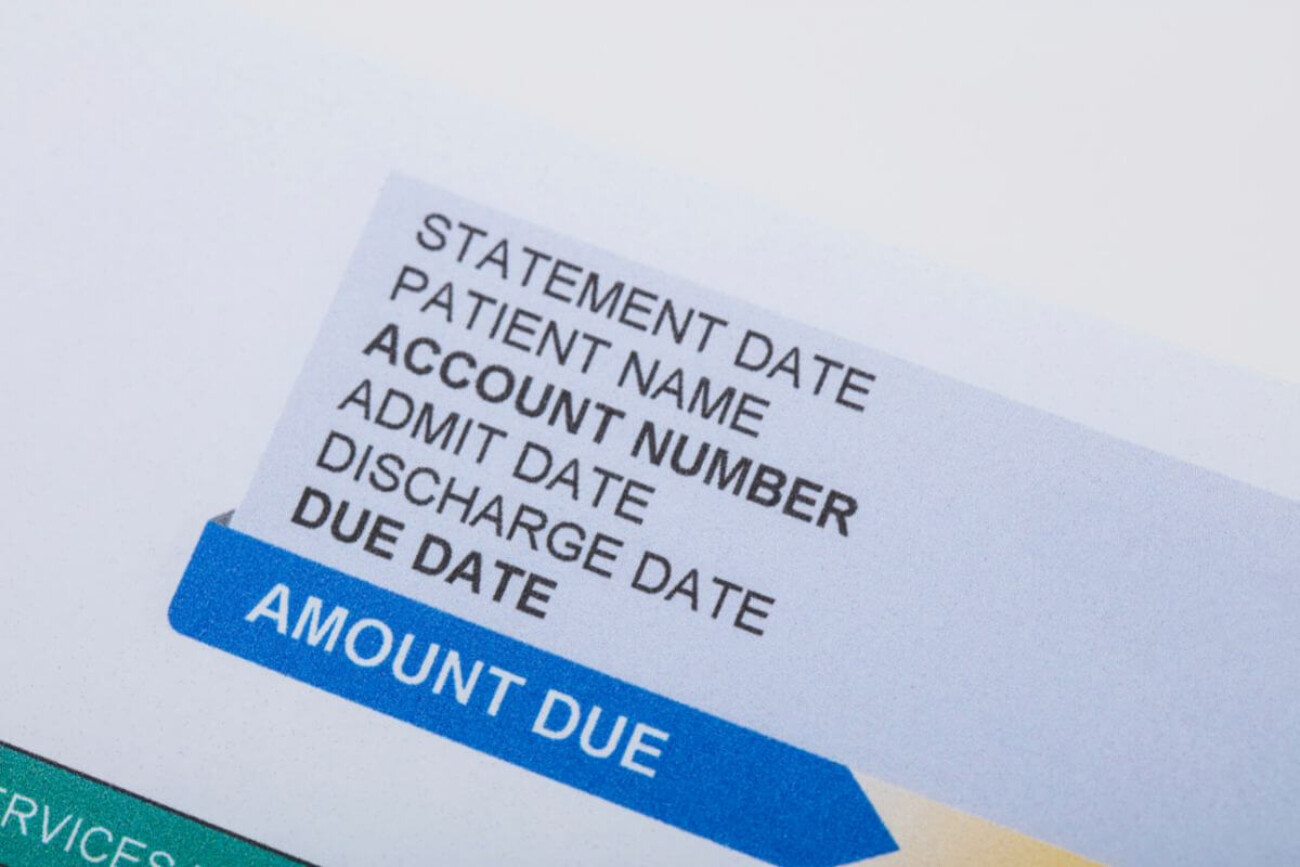While healthcare is a necessity, we all know it can be a costly expense. Understanding your health plan and benefit offerings can help you opt for more affordable options and prevent costly bills. Expensive medical bills are often caused by inaccurate overcharges and billing errors that are overlooked. In fact, about 80% of hospital bills contain errors.
While new protections from surprise medical bills have been implemented, there are still many variables involved that a patient may not always have complete insight into, which may draw some confusion about what charges are accurate. For example, while the health facility you visit may be considered in-network, the physician you see might not be, which can result in unexpected fees.
As we know, navigating healthcare in the United States can be quite difficult and frustrating, but it shouldn’t prevent us from getting the care that we need. This blog will cover helpful ways to avoid costly medical bills and better protect your finances from costly occurrences.
"Expensive medical bills are often caused by inaccurate overcharges and billing errors that are overlooked. In fact, about 80% of hospital bills contain errors."
Arm Yourself with Information
If you are a healthcare insurance policyholder, make sure that you know all the details about your health plan and what it can help you with. Make sure that you are familiar with the information regarding what kind of coverage your plan offers, the percentage that you are still responsible for in the case of a claim, and any details regarding co-insurance. Knowing what is not included in the coverage is equally important as well. You can find out important information when you consult with a TouchCare Health Assistant.
Compare your Explanation of Benefits with Your Bill
An explanation of benefits (EOB) will tell you a few things on behalf of the health insurance company, it’s important to note that this is not your bill. It will contain information about a patient’s name, the provider, the medical procedure that was undertaken, the date on which it occurred, as well as the fees charged to the insurer, and any remaining balance that you’re asked to pay. If you haven’t received an EOB, it’s important to submit the claim so you have the ability to compare your EOB with your bill.
If you find any mistakes or discrepancies, ensure that they are resolved as soon as possible, and make sure you send your appeal before the deadline. You should look out for the provider’s responsibility which includes any deductibles, copays, or coinsurance if applicable. The remainder of the bill should indicate the amount that you owe.
Ensure that Your Provider is “In-Network”
If you want to effectively avoid costly medical bills, you should also make sure that your provider is in-network. What this means is that your healthcare provider would have already negotiated with your insurer about discounted rates that are agreed upon. Therefore, if your provider is out-of-network, you might have to fork out a larger sum to pay off your medical bills.
Read Through and Understand Your Medical Bill
Whenever you go through a medical procedure or get admitted into the hospital, it would be wise to ask the reception for an itemized bill to ensure you’re only paying for services and items that were used for your procedure. Itemized bills can help you identify any inflated or incorrect charges. Although the itemized bill might not have the information about what your insurer must pay, it could potentially help you to discover billing errors.
Ask For a Pharmacy Ledger
Asking for a pharmacy ledger would mean that you will be able to see a list of the types of drugs that were prescribed to you during a hospital stay. Make sure that you only pay for drugs that you are certain you took.
Understanding Your Options for Care
With so many options for care, it can be confusing to know what is best for your needs. Many patients end up with a costly bill after going to the emergency room. While the ER is certainly your best bet for life-threatening conditions, telemedicine and urgent care can be great cost-saving alternatives for minor illnesses & injuries. Seeking preventive care with a Primary Care Physician can also help you prevent or manage the risk of illnesses.
We know that healthcare can be extremely difficult to navigate, click here to check out our resources to better help you understand healthcare and benefits terminology. Whether it’s understanding your benefits coverage, needing help with cost comparisons for procedures, locating an in-network provider, or even negotiating a bill on your behalf, you can always count on our Health Assistants to advocate on your behalf. Click here to get in touch!
Inhale. We've got this. Exhale.
Understanding healthcare; with us, it’s personal.


